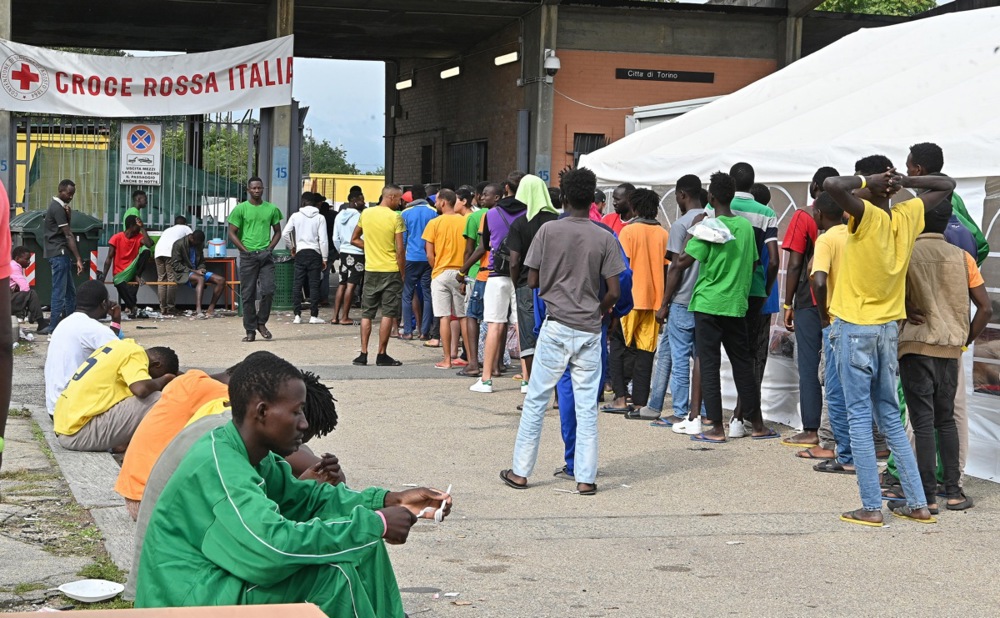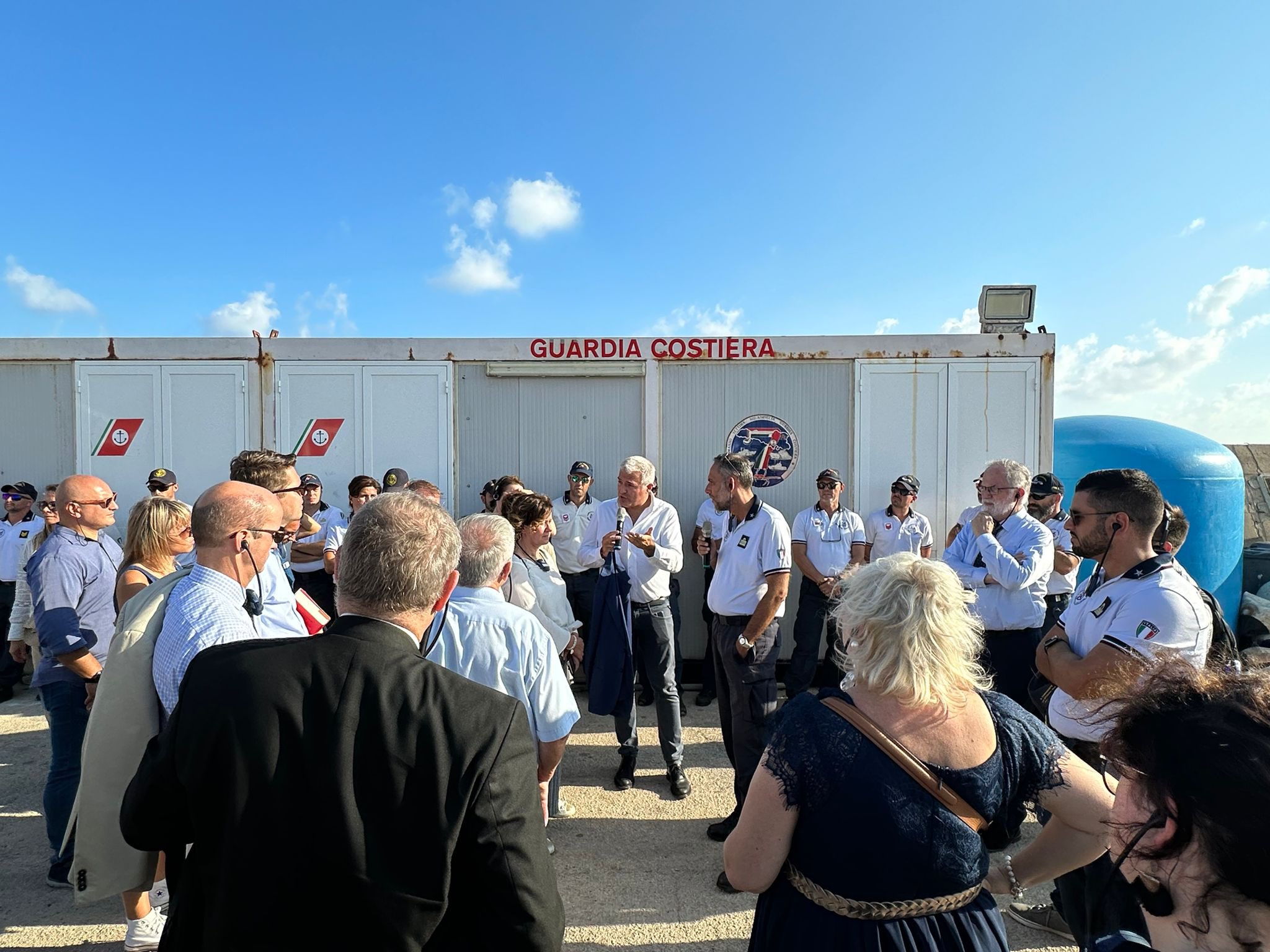The United Nations High Commissioner for Refugees (UNHCR) has reported that at least 2,500 people have so far gone missing or perished in the Mediterranean Sea in 2023.
That marks a significant increase compared to the previous year when 1,680 people died or disappeared, AFP reports.
Ruven Menikdiwela, director of the UNHCR office in New York, shared the numbers during a Security Council meeting on the migrant crisis in the Mediterranean Sea. “Lives are also lost on land, far from public attention,” he pointed out.
“The journey from West Africa or East Africa and the Horn of Africa to Libya and departure points on the coast remains one of the most dangerous in the world,” Menikdiwela said.
Those taking the overland routes from sub-Saharan Africa “face death and serious human-rights violations at every stage”, he added.
According to the figures provided by Menikdiwela, at least 186,000 migrants have arrived in southern Europe this year with 130,000 in Italy alone. That represents an “83 per cent increase compared to the same period in 2022”, he said.
Some 102,000 people came from Tunisia, according to Menikdiwela, an increase of 260 per cent on the previous year. Of those, 45,000 came from Libya. Among them, 31,000 were rescued at sea or intercepted and disembarked in Tunisia, and 10,000 in Libya.
Tunisian Interior Minister Kamel Fekih told German state broadcaster DW that his country was limited in what it could do to stem the flow of migrants to Europe.
“From the beginning, we have emphasised that migration cannot be managed without addressing its causes. But Tunisia can only protect its own borders. It cannot be a border guard for others, except [indirectly] by monitoring its own borders,” he said.
He also pointed to the poor economic state of his country and its limited capacities in articulating the need for European help, as was agreed upon in a landmark €1 billion deal in July.





